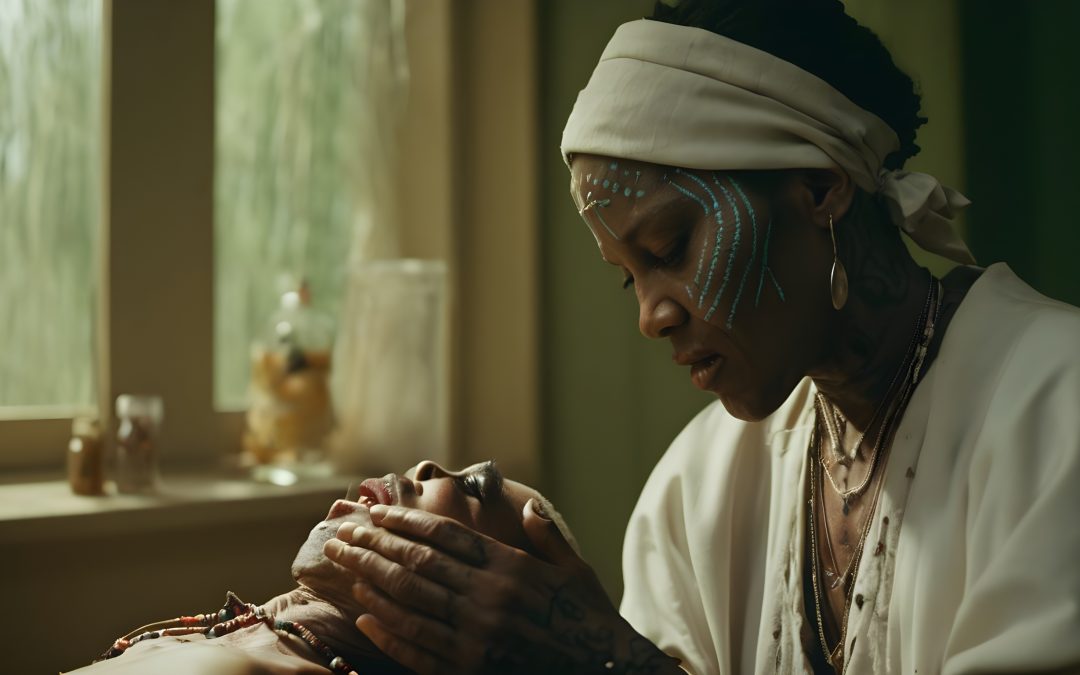Voodoo, also spelled as “Vodou” or “Vodun,” is a spiritual and cultural practice that originated in Haiti during the period of African enslavement. It combines elements of African religions, Catholicism, and indigenous beliefs, creating a rich and complex belief system. Voodoo is deeply intertwined with Haitian culture and identity, serving as a source of strength, healing, and community for its followers.
Adapting to Modern Life
In contemporary Haiti, Voodoo continues to play a significant role in the lives of many people, despite facing challenges from other dominant religions such as Christianity. As Haiti grapples with modernization and globalization, Voodoo practitioners are finding ways to adapt the religion to fit the changing times.
Mixing Tradition with Technology
One way that Voodoo is adapting to modern life is by incorporating technology into its rituals and practices. Many Voodoo healers and practitioners now use social media platforms to share information, connect with others, and provide services such as spiritual readings and consultations. Additionally, some Voodoo temples and centers have websites where visitors can learn more about the religion and its practices.
Embracing Environmental Conservation
Another way that Voodoo is adapting to modern life is by emphasizing environmental conservation and sustainable practices. Voodoo teaches respect for nature and the interconnectedness of all living beings, making it a natural ally for environmental activism in Haiti. Some Voodoo practitioners are actively involved in efforts to protect the environment, such as reforestation projects and clean-up campaigns.
Empowering Women and LGBTQ+ Communities
In recent years, there has been a growing movement within Voodoo to empower women and LGBTQ+ communities. Traditionally, Voodoo has been a male-dominated religion, with women often playing subordinate roles. However, many Voodoo priestesses, known as “manbos,” are working to challenge traditional gender roles and promote the leadership and empowerment of women within the religion. Similarly, some LGBTQ+ individuals are finding acceptance and community within Voodoo, as the religion does not have strict prohibitions against queer identities.
Education and Advocacy
As Voodoo continues to face stigma and misinformation, there is a growing effort within the Voodoo community to educate others about the religion and advocate for its recognition and respect. Voodoo practitioners are actively involved in cultural exchange programs, educational initiatives, and advocacy campaigns to dispel myths and stereotypes surrounding the religion. By raising awareness and promoting understanding, Voodoo practitioners hope to ensure the continued survival and flourishing of their religious traditions in contemporary Haiti.
Conclusion
In conclusion, Voodoo in contemporary Haiti is a dynamic and resilient religion that is adapting to modern life in innovative ways. By embracing technology, promoting environmental conservation, empowering marginalized communities, and advocating for greater recognition and respect, Voodoo practitioners are ensuring that their beliefs and traditions continue to thrive in the face of changing times. As Haiti continues to evolve, Voodoo remains a vital and vibrant part of the country’s cultural landscape, enriching the lives of its followers and preserving a centuries-old heritage for future generations.

